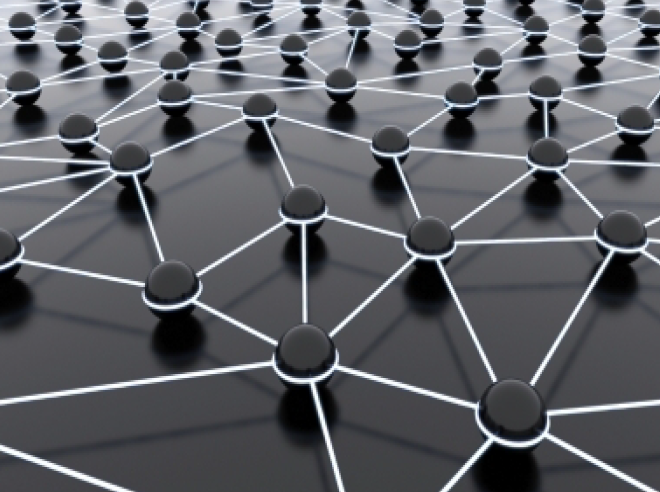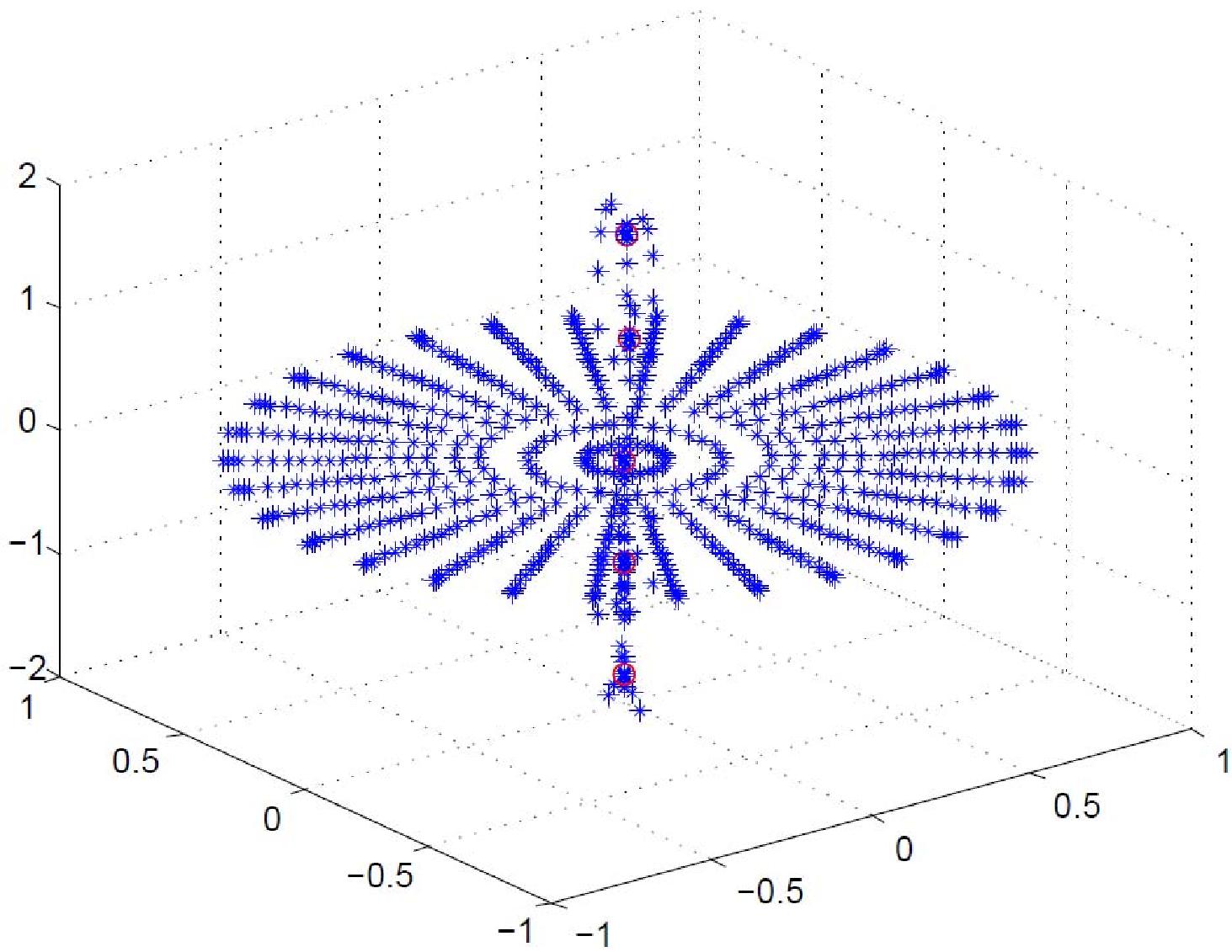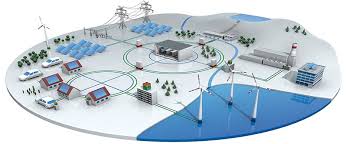Distributed Control & Optimization over Networks

Researchers in many fields are finding a variety of applications for complex
networks, and distributed multiagent decision systems are currently the focal point of many new
applications. My research area falls within the broad range of networked multiagent dynamics. I mention here resource allocation in social and communication networks, coverage control, formation control, distributed averaging and consensus as examples of distributed control and optimization over networks. Therefore, a better understanding of the dynamics of distributed computing and optimization in complex networks contributes to more efficient design methods and algorithms for networked engineering problems, with immediate applications in many real-world problems.
Game Theory and Learning Dynamics

The field of game theory, particularly learning dynamics in games and network games, is another area of my research, where I am interested in exploring various dynamics that emerge from the interactions of agents in games. In particular, devising computationally efficient distributed algorithms to obtain or approximate equilibrium points is a major challenge in this area. Such studies have immediate applications in various domains such as economic systems, public health, cyber-physical security, as well as marketing in social networks.
Socioeconomic Behaviors and Dynamics

Stability and analysis of multiagent network systems with state-dependent switching typologies have been a fundamental and longstanding challenge in control, social sciences, and many other related fields. Examples of such systems include evolution of opinion dynamics in social networks, modeling of human perception/cognition, marketing and behavioral studies in economics, and diffusion of epidemics in biological networks. Stability analysis of such systems not only has engineering applications such as robotic rendezvous but also improves our understanding of humans' behavior and the possible outcomes emerging from their decisions under complex environments.
Smart Grids and Cyber-Physical Systems

In the emerging smart grid, a significant amount of energy stems from renewable sources, electric vehicles, and storage units, many of which can be owned by consumers rather than utility companies. This subsequently turns every grid customer into a prosumer-a joint producer and consumer of energy. Consequently, the formerly centralized and consumer-agnostic grid is rapidly evolving into a decentralized, prosumer-centric smart grid. In turn, this transformation warrants novel prosumer-centric energy management mechanisms to manage the energy production/consumption/distribution from various sources to shape supply and demand, reduce peak hour load, and regulate grid operation. However, designing a prosumer-centric grid in which end-user decisions and devices strongly influence grid operation and energy management faces major technical challenges such as modeling the grid uncertainties, improving the system security, and respecting users' privacy.